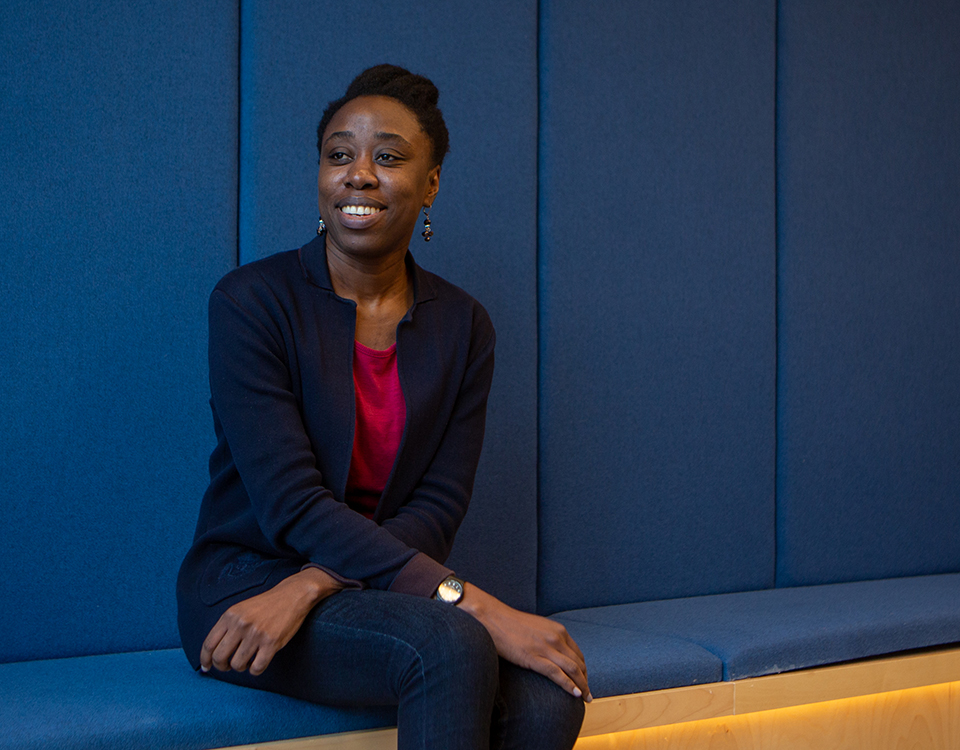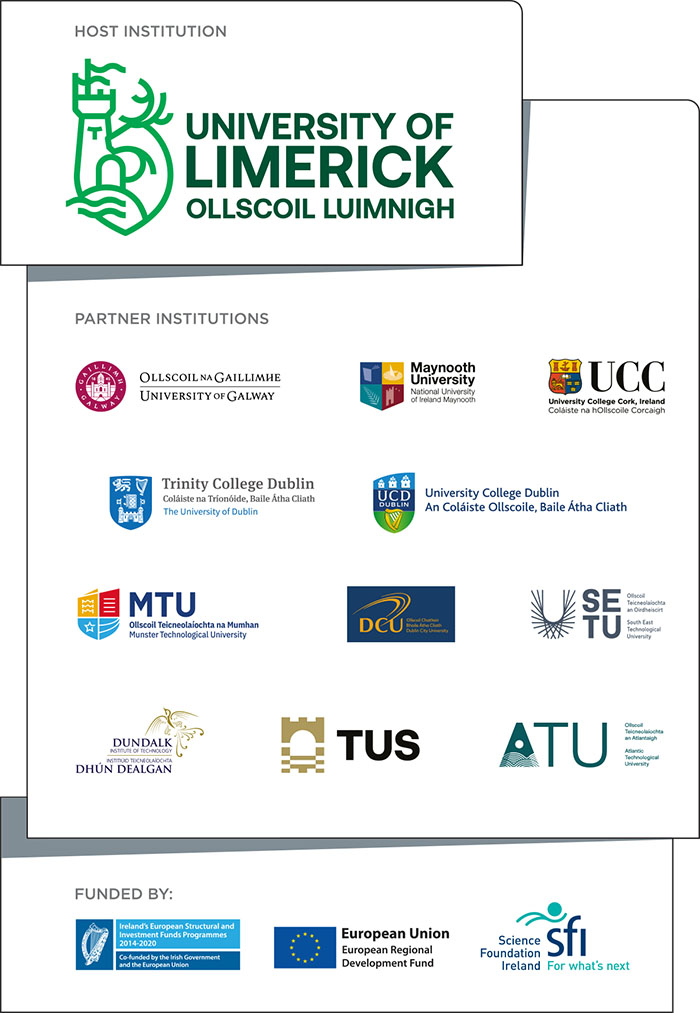Fayola Peters - Data Privacy in Software Engineering
You are here
Dr Fayola Peters conducted her PhD research on data sharing for cross project defect prediction in software engineering. Her research focused on exploring adaptive data privacy, data sharing and data mining for users of software applications, specifically allowing users to consider the trade off between the benefits of data sharing and potential privacy breaches. She has presented at top software engineering conferences like the International Conference on Software Engineering and the International Symposium on Empirical Software Engineering and Measurement, and is a co-author of the book ‘Sharing Data and Models in Software Engineering’. Fayola currently works in the EMEA Software Development Centre at Johnson and Johnson.
I was a post-doctoral researcher at Lero, part of a group that was focussed on security and privacy issues in software engineering.
The relationship between Lero and the researcher is a supportive one; there are people to talk to who are not even in your industry, for example mobile communications or healthcare, so you have support from all areas and backgrounds. Lero encourages you to avail of this supportive network.
At Lero, I worked within a group of colleagues, so I had lots of people to bounce ideas off, and we were encouraged to share work with a community of researchers. We were also funded to go on trips to conferences abroad and present our work.
Lero's emphasis on collaboration very much aligns with my own values. Lero opens you up to hearing other people's voices and making connections with other researchers, and you get the opportunity to work with someone whose skills are completely different from yours. This is something that is very important to me.
A particular challenge I encountered at Lero was struggling with the thought that everything had already been done. But through my group in Lero, I had links to The Open University in the UK, and people there were doing similar work to me but in a different area. This made me realise I could apply some of my work to what they were doing. These links to other universities open doors to realising what you can do with your research and help with coming up with new ideas.
"Lero's emphasis on collaboration very much aligns with my own values. Lero opens you up to hearing other people's voices and making connections with other researchers, and you get the opportunity to work with someone whose skills are completely different from yours."
A large amount of Lero funding comes from industry, which offers researchers the advantage of working toward solving real problems faced in industry. This can give insight into how one can contribute in an industrial setting. Lero showed me possible routes into industry, and gave me the courage to follow them. I now work at Johnson and Johnson as a software developer with a focus in data engineering. This involves transforming data into a format for data scientists to use. This applies to the work I did in Lero because my research there also involved transforming data in order to create proof of concept. The transformation of data here was done with privacy algorithms. So the outcome for the proof of concepts was to show that the privacy algorithms worked to obfuscate the data, while allowing it to remain useful for building defect prediction models. Now I am working in a different domain, healthcare, which I find very interesting.
It's always a good time to be studying data protection. My work aimed to improve software quality by allowing software engineers to share data that has perceived business sensitivity, and which also has the greatest impact for improving software quality - not just with their own products but others as well. So I had to come up with ways of changing data but still making it relevant. The area of data security and privacy is very relevant now; GDPR (General Data Protection Regulation) came into effect on May 18th, 2018, and now the world is paying attention to data privacy and security.
My vision for the future of my research area is that I want the general public to have more knowledge and control over how their data is processed and used. I also want to continue looking into data science, as well as exploring machine learning. Anyone in my research group at Lero when I started there would tell you that I was all about data, exploring it, interrogating it, protecting it. When I started the interview process at J&J, I realized that there was a missing gap in my knowledge and that was the data engineering aspect. It's been a little over a year now and while I have learned a lot, there's still new information and techniques coming at me. When I made the decision to pursue opportunities in industry rather than academia it was mainly out of deep curiosity. Even though we were working to try and solve problems in industry we were still outsiders - it still felt like a black box whose secrets could only be known by those in the 'industry club'. But, in the end all I really wanted to know was if my work was useful to them, and how. Now that I'm in the club, the impact of what I do is clear and immediate, even though I still remain curious.






